Scientific Advisory Committee
About the Committee
-
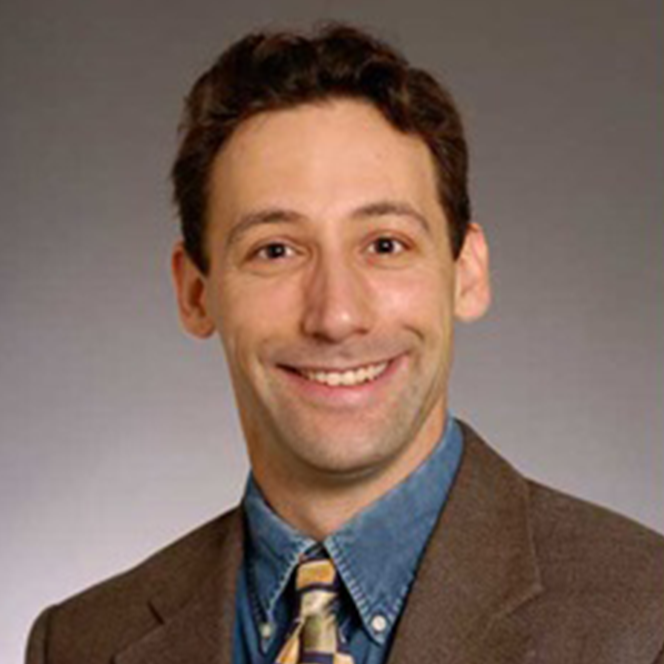
Seth Blumsack
Professor
Co-Chair
Seth Blumsack is an Assistant Professor in the Department of Energy and Mineral Engineering; an Adjunct Research Professor at the Carnegie Mellon Electricity Industry Center; and Collaborator with the Centre for Research in Energy and Mineral Economics at the University of Curtin, Australia. His work focuses on policy-relevant engineering, environmental and economic research for the energy, electric power and transportation industries. He also performs research in the area of complex engineered infrastructure networks. Dr. Blumsack has authored or co-authored more than twenty scientific and policy articles and book chapters. He is currently the John R. Ryan Jr. Faculty Fellow in the College of Earth and Mineral Sciences.
Pennsylvania State UniversityCo-Chair
Seth Blumsack is an Assistant Professor in the Department of Energy and Mineral Engineering; an Adjunct Research Professor at the Carnegie Mellon Electricity Industry Center; and Collaborator with the Centre for Research in Energy and Mineral Economics at the University of Curtin, Australia. His work focuses on policy-relevant engineering, environmental and economic research for the energy, electric power and transportation industries. He also performs research in the area of complex engineered infrastructure networks. Dr. Blumsack has authored or co-authored more than twenty scientific and policy articles and book chapters. He is currently the John R. Ryan Jr. Faculty Fellow in the College of Earth and Mineral Sciences.
-
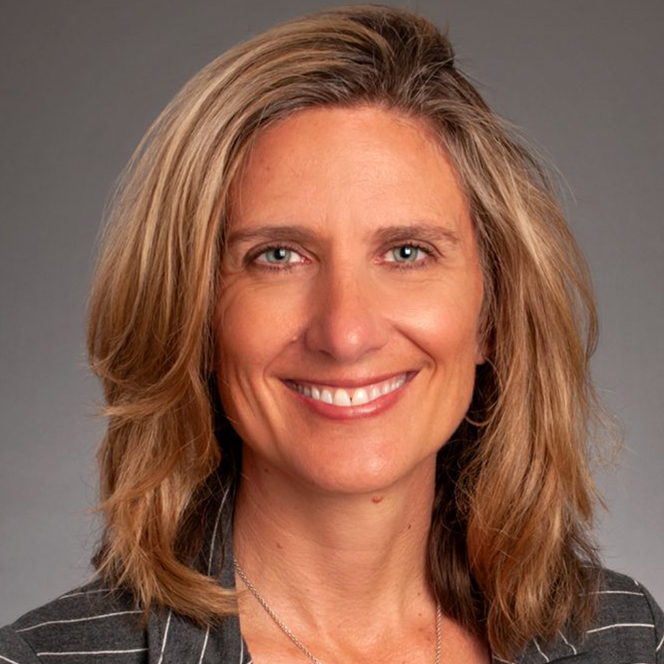
Stephanie Lenhart
Senior Research Associate
Co-Chair
Stephanie Lenhart is a Senior Research Associate with the Energy Policy Institute, part of the Center for Advanced Energy Studies, and is faculty in the School of Public Service at Boise State University. She studies energy system governance, environmental policy implementation, and inter-organizational collaboration. Recent work has focused on decision-making by public utilities and electric cooperatives and inter-organizational collaboration in regional transmission organizations.
EPI, Boise State University, Center for Advanced Energy StudiesCo-Chair
Stephanie Lenhart is a Senior Research Associate with the Energy Policy Institute, part of the Center for Advanced Energy Studies, and is faculty in the School of Public Service at Boise State University. She studies energy system governance, environmental policy implementation, and inter-organizational collaboration. Recent work has focused on decision-making by public utilities and electric cooperatives and inter-organizational collaboration in regional transmission organizations.
-
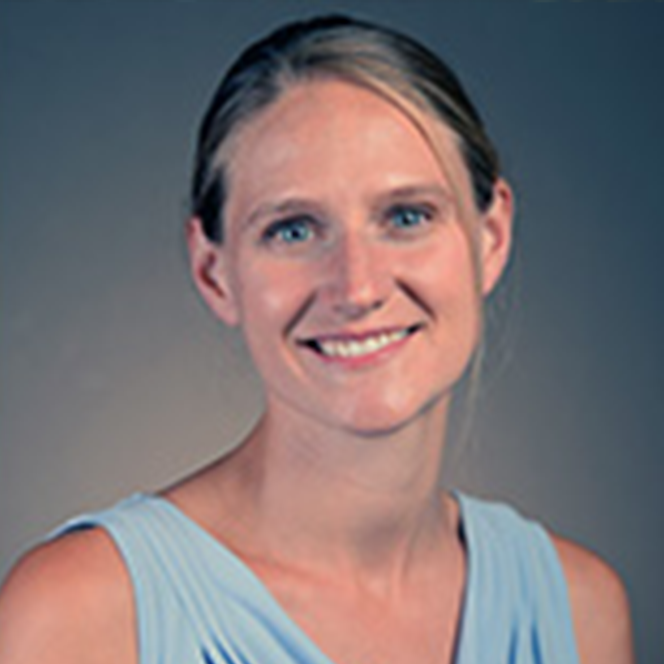
Hannah Breetz
Assistant Professor
Dr. Breetz is a political scientist who studies the political economy of alternative energy, focusing on biofuels and synthetic fuels. Her research investigates both the drivers of alternative energy policy – including the role of interest groups, decision-making institutions, and information about science and technology – as well as the impact of energy policy on innovation and technological change.
Arizona State UniversityDr. Breetz is a political scientist who studies the political economy of alternative energy, focusing on biofuels and synthetic fuels. Her research investigates both the drivers of alternative energy policy – including the role of interest groups, decision-making institutions, and information about science and technology – as well as the impact of energy policy on innovation and technological change.
-
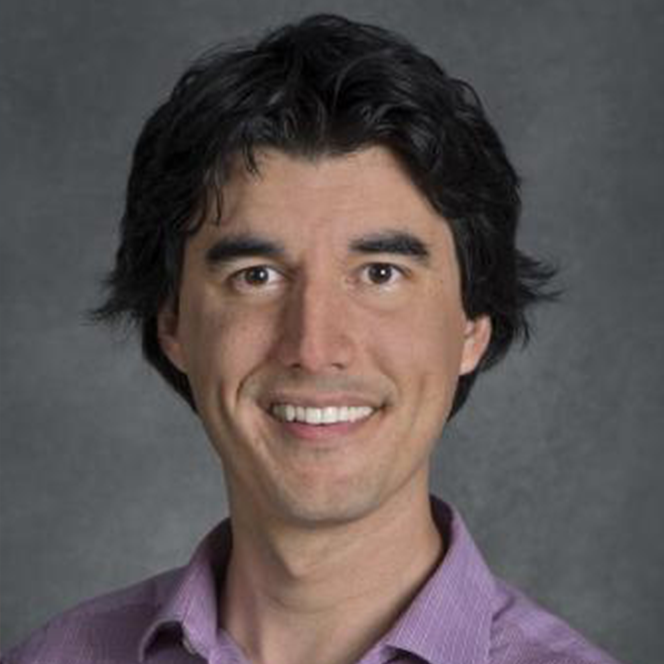
Juan Pablo Carvallo
Senior Scientific Engineering Associate
Since graduating as an electronics engineer in 2004, JP Carvallo has been working, studying, and researching different aspects of the energy field. His current interests relate to varied topics in sustainable development for less industrialized economies, with a geographical focus in Latin America and Asia. He brings together different disciplines – engineering, economics, political science, and sociology – to study long term evolution of high renewable energy penetration electricity grids, alternative energy systems, and rural energy access, among others. His theoretical interests encompass market design, institutional emergence, innovation, and change, technology adoption as a social construction, and theoretical aspects of the policy process.
Lawrence Berkeley National LaboratorySince graduating as an electronics engineer in 2004, JP Carvallo has been working, studying, and researching different aspects of the energy field. His current interests relate to varied topics in sustainable development for less industrialized economies, with a geographical focus in Latin America and Asia. He brings together different disciplines – engineering, economics, political science, and sociology – to study long term evolution of high renewable energy penetration electricity grids, alternative energy systems, and rural energy access, among others. His theoretical interests encompass market design, institutional emergence, innovation, and change, technology adoption as a social construction, and theoretical aspects of the policy process.
-
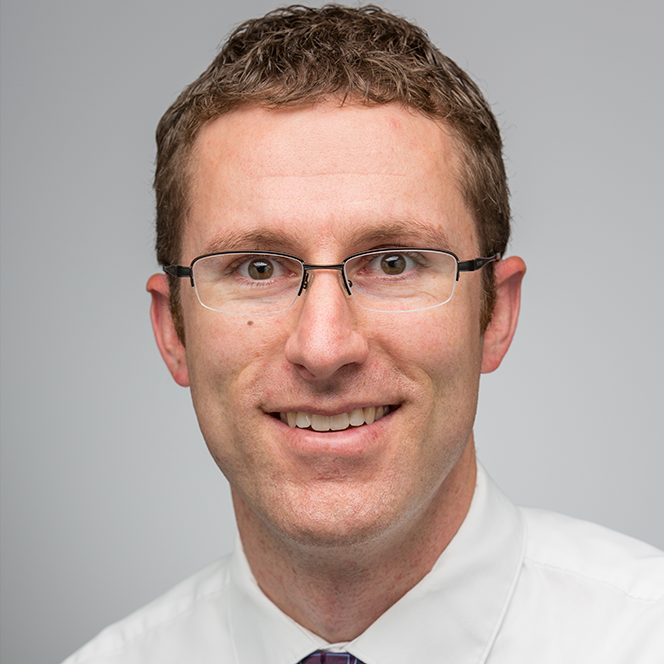
Wesley Cole
Researcher
Wesley Cole is a senior electricity sector modeler and analyst in the Economics and Forecasting Group at the National Renewable Energy Laboratory (NREL). His work focuses on capacity expansion modeling of the U.S. power system. Within this domain, he specializes in renewable energy integration, battery storage market potential, and impacts of high solar penetration futures. He earned his Ph.D. at the University of Texas at Austin and his B.S. at Brigham Young University, both in chemical engineering.
National Renewable Energy LaboratoryWesley Cole is a senior electricity sector modeler and analyst in the Economics and Forecasting Group at the National Renewable Energy Laboratory (NREL). His work focuses on capacity expansion modeling of the U.S. power system. Within this domain, he specializes in renewable energy integration, battery storage market potential, and impacts of high solar penetration futures. He earned his Ph.D. at the University of Texas at Austin and his B.S. at Brigham Young University, both in chemical engineering.
-
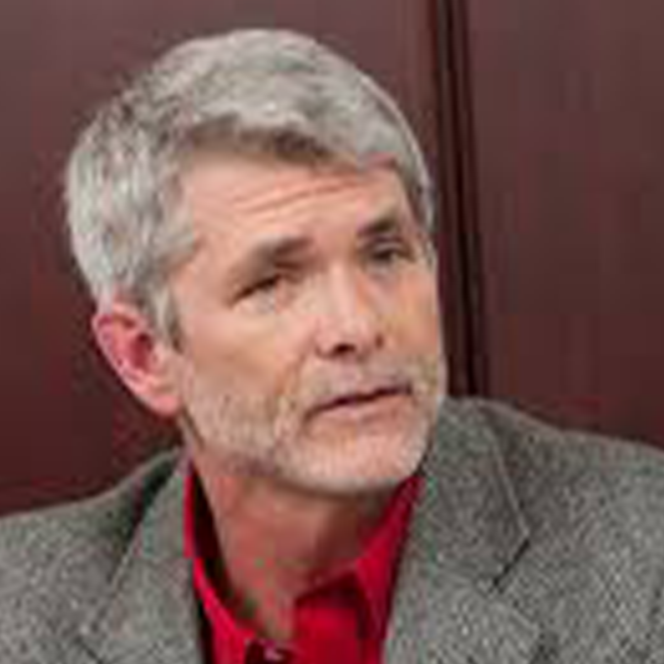
David Gattie
Associate Professor
John is a professor of mechanical and biomedical engineering at Boise State and directs the energy efficiency activities at the Center for Advanced Energy Studies. John recently spent 6 months at the Universities of Melbourne and Auckland studying advanced control of microgrids. He has published more than 60 peer-reviewed research publications, 2 textbooks, co-inventor of 3 US Patents and gave a talk in the TEDxBoise conference earlier this year. John is a registered professional engineer in the state of Idaho and a Fellow of the American Society of Mechanical Engineers.
University of GeorgiaJohn is a professor of mechanical and biomedical engineering at Boise State and directs the energy efficiency activities at the Center for Advanced Energy Studies. John recently spent 6 months at the Universities of Melbourne and Auckland studying advanced control of microgrids. He has published more than 60 peer-reviewed research publications, 2 textbooks, co-inventor of 3 US Patents and gave a talk in the TEDxBoise conference earlier this year. John is a registered professional engineer in the state of Idaho and a Fellow of the American Society of Mechanical Engineers.
-
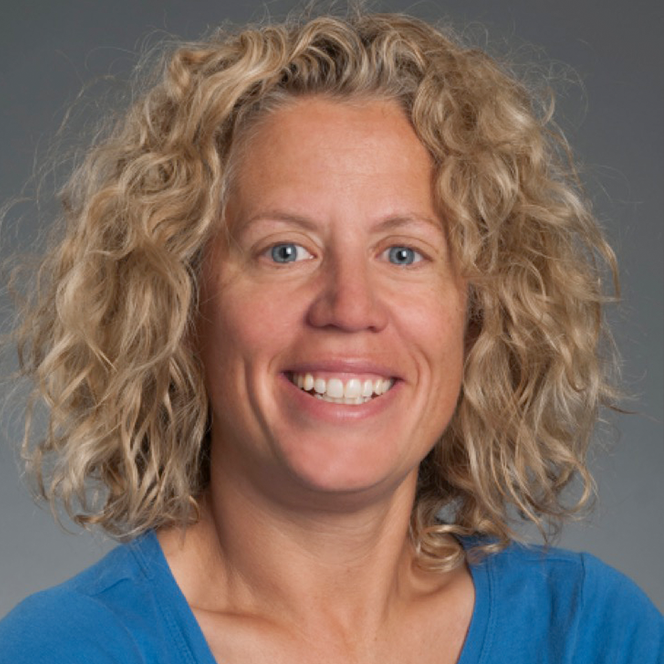
Monica Hubbard
Assistant Professor
Monica Hubbard is an Assistant Professor in Boise State University’s School of Public Service. She teaches courses in environmental politics, water policy and governance, and policy theory. Hubbard’s research interests and foci are in the fields of environmental policy; natural resource management; land use transition; risk perception; and contaminants of emerging water concern. Dr. Hubbard comes to Boise State University from Oregon State University where she completed her M.S. and Ph.D. degrees.
Boise State UniversityMonica Hubbard is an Assistant Professor in Boise State University’s School of Public Service. She teaches courses in environmental politics, water policy and governance, and policy theory. Hubbard’s research interests and foci are in the fields of environmental policy; natural resource management; land use transition; risk perception; and contaminants of emerging water concern. Dr. Hubbard comes to Boise State University from Oregon State University where she completed her M.S. and Ph.D. degrees.
-
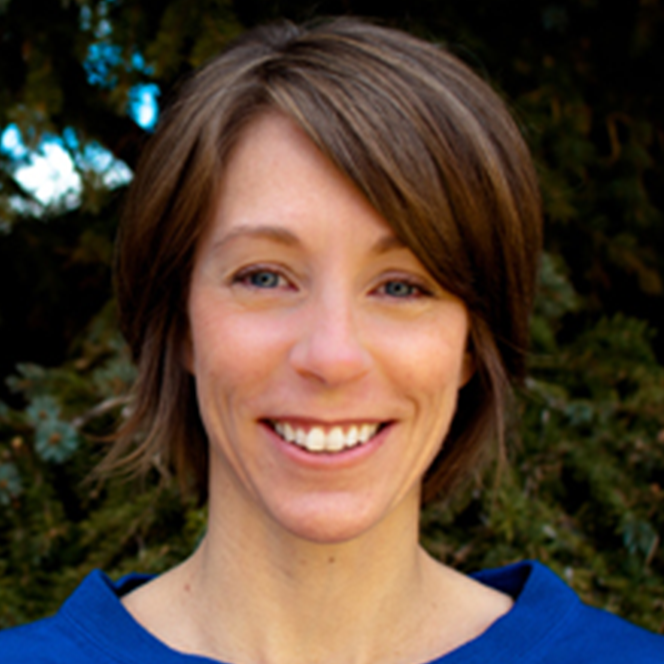
Nicole Korfanta
Executive Director
Nicole Korfanta is the executive director of the Knobloch Family Foundation, which makes grants for science-based conservation, as well as conservation economics and finance. Previously, she was a faculty member and director of the University of Wyoming Ruckelshaus Institute of Environment and Natural Resources, which supports collaborative natural resource decision making and effective science communication. Nicole holds a PhD in Zoology and Physiology from the University of Wyoming, and an AB in Integrative Biology from UC Berkeley. She is a general ecologist who has worked on population demography and genetics of bird populations, conventional and renewable energy development impacts and mitigation for wildlife, collaborative conservation approaches, and environmental and natural resource policy. She resides in Laramie, Wyoming.
Knobloch Family FoundationNicole Korfanta is the executive director of the Knobloch Family Foundation, which makes grants for science-based conservation, as well as conservation economics and finance. Previously, she was a faculty member and director of the University of Wyoming Ruckelshaus Institute of Environment and Natural Resources, which supports collaborative natural resource decision making and effective science communication. Nicole holds a PhD in Zoology and Physiology from the University of Wyoming, and an AB in Integrative Biology from UC Berkeley. She is a general ecologist who has worked on population demography and genetics of bird populations, conventional and renewable energy development impacts and mitigation for wildlife, collaborative conservation approaches, and environmental and natural resource policy. She resides in Laramie, Wyoming.
-
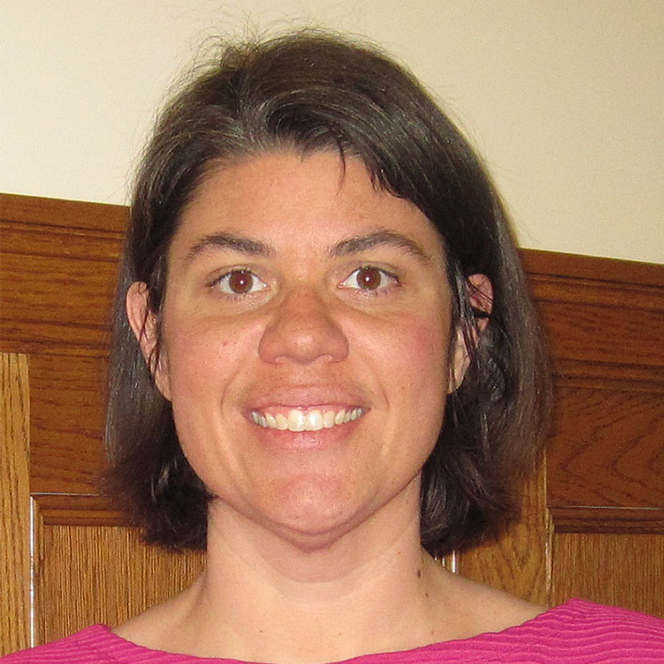
Sarah Mills
Senior Project Manager
Sarah Mills is a Senior Project Manager at the University of Michigan’s Gerald R. Ford School of Public Policy, where she directs the Renewable Energy Policy Initiative and the Center’s Energy and Environmental Policy Initiative. Sarah’s research considers how renewable energy development impacts rural communities, the disparate reactions of rural landowners to such projects, and how state and local policies facilitate or hinder renewable energy deployment. She also conducts applied research and outreach with local governments across the state on planning for renewable energy, and provides technical assistance to communities for meeting their clean energy goals. She has a PhD in Urban and Regional Planning from the University of Michigan, a master’s in engineering for sustainable development from the University of Cambridge, a bachelor’s degree in mechanical engineering from Villanova University.
Center for Local, State and Urban Policy, University of MichiganSarah Mills is a Senior Project Manager at the University of Michigan’s Gerald R. Ford School of Public Policy, where she directs the Renewable Energy Policy Initiative and the Center’s Energy and Environmental Policy Initiative. Sarah’s research considers how renewable energy development impacts rural communities, the disparate reactions of rural landowners to such projects, and how state and local policies facilitate or hinder renewable energy deployment. She also conducts applied research and outreach with local governments across the state on planning for renewable energy, and provides technical assistance to communities for meeting their clean energy goals. She has a PhD in Urban and Regional Planning from the University of Michigan, a master’s in engineering for sustainable development from the University of Cambridge, a bachelor’s degree in mechanical engineering from Villanova University.
-
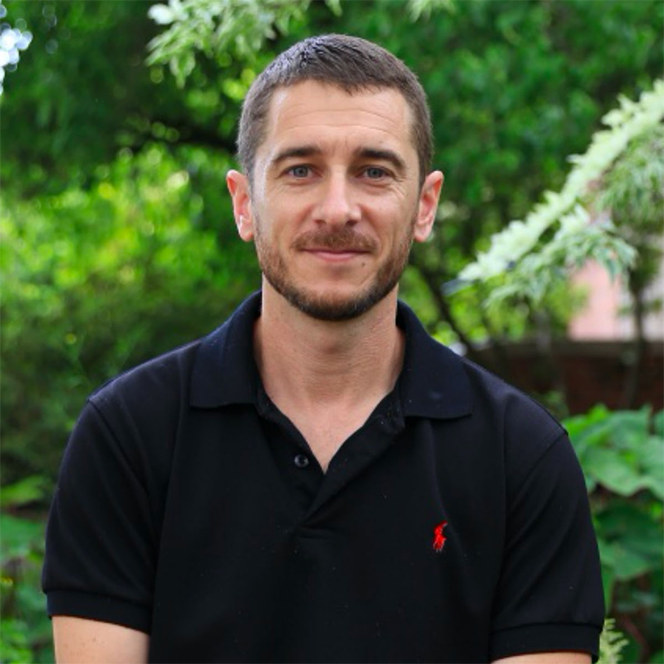
Thomas Ptak
Assistant Professor
Thomas Ptak is a human-environment geographer. His work is driven by a strong motivation to help solve some of the world’s most pressing human and ecological challenges, which are often embedded within processes linked to the production, distribution, consumption and storage of energy. The range of challenges covered by Dr. Ptak’s research include human-induced climate change, energy centered inequality, access and exploitation of resources, uneven, unsustainable and inequitable development, water, food & energy security.
University of IdahoThomas Ptak is a human-environment geographer. His work is driven by a strong motivation to help solve some of the world’s most pressing human and ecological challenges, which are often embedded within processes linked to the production, distribution, consumption and storage of energy. The range of challenges covered by Dr. Ptak’s research include human-induced climate change, energy centered inequality, access and exploitation of resources, uneven, unsustainable and inequitable development, water, food & energy security.
-

Tara Righetti
Associate Professor
Tara Righetti is the director for the Professional Land Management concentration within the academic program for Energy Resource Management and Development. Prior to joining the University of Wyoming College of Law and SER faculty in the fall of 2014, she served as CEO and general counsel of a privately owned upstream oil and gas company. She is a member of the state bars of Texas and California, and a Certified Professional Landman and member of AAPL.
University of WyomingTara Righetti is the director for the Professional Land Management concentration within the academic program for Energy Resource Management and Development. Prior to joining the University of Wyoming College of Law and SER faculty in the fall of 2014, she served as CEO and general counsel of a privately owned upstream oil and gas company. She is a member of the state bars of Texas and California, and a Certified Professional Landman and member of AAPL.
-
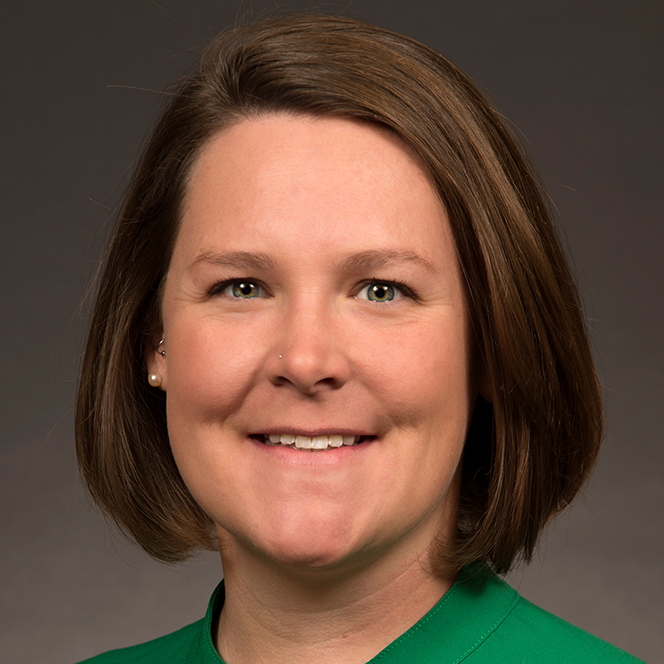
Sarah Robey
Assistant Professor
Sarah Robey is Assistant Professor in the History of Energy at Idaho State University in Idaho Falls. Her current book project, Atomic Americans: Citizens in a Nuclear State, 1945-1963, examines how the threat of nuclear war changed American ideas about participatory democracy, the role of the state, and civic responsibility during the early Cold War. She is also the creator and co-host of Duck and Cover, a podcast about the history of nuclear civil defense, which will be released in late 2019. At ISU, Dr. Robey teaches in the history of energy, the history of science and technology, and 20th-century history.
Idaho State UniversitySarah Robey is Assistant Professor in the History of Energy at Idaho State University in Idaho Falls. Her current book project, Atomic Americans: Citizens in a Nuclear State, 1945-1963, examines how the threat of nuclear war changed American ideas about participatory democracy, the role of the state, and civic responsibility during the early Cold War. She is also the creator and co-host of Duck and Cover, a podcast about the history of nuclear civil defense, which will be released in late 2019. At ISU, Dr. Robey teaches in the history of energy, the history of science and technology, and 20th-century history.
-
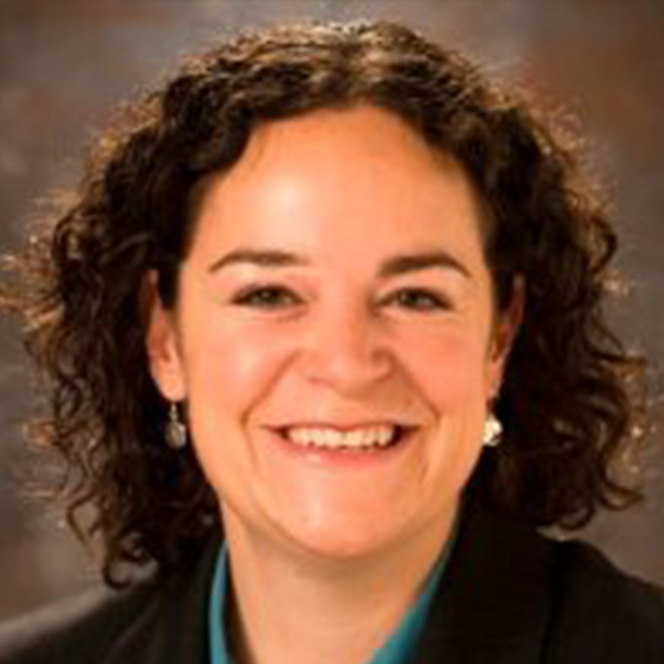
Temple Stoellinger
Co-Director, Assistant Professor
Temple Stoellinger joined the University of Wyoming in 2013. Before joining the University of Wyoming, Temple served as the natural resource attorney for the Wyoming County Commissioners Association (WCCA). Through this role Temple provided legal advice and engaged in litigation on issues pertaining to energy and natural resource law of behalf of the boards of county commissioner in Wyoming’s 23 counties. Prior to working for the WCCA, Temple worked in the Projects and Technology Legal Department for Shell, International B.V. at their world headquarters in the Netherlands. From 2004-2010 Temple served as a natural resource analyst and advisor to the Wyoming Governor where she worked on a wide variety of energy and natural resource issues of statewide, regional, and national significance.
Center for Law and Energy Resources in the Rockies and Haub School of Environment and Natural Resources, University of WyomingTemple Stoellinger joined the University of Wyoming in 2013. Before joining the University of Wyoming, Temple served as the natural resource attorney for the Wyoming County Commissioners Association (WCCA). Through this role Temple provided legal advice and engaged in litigation on issues pertaining to energy and natural resource law of behalf of the boards of county commissioner in Wyoming’s 23 counties. Prior to working for the WCCA, Temple worked in the Projects and Technology Legal Department for Shell, International B.V. at their world headquarters in the Netherlands. From 2004-2010 Temple served as a natural resource analyst and advisor to the Wyoming Governor where she worked on a wide variety of energy and natural resource issues of statewide, regional, and national significance.